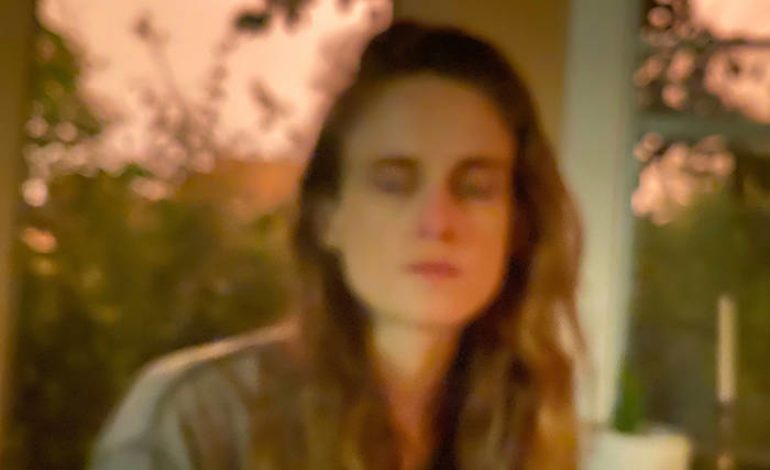

A gruesome, haunting album on death
Claire Cronin’s album Bloodless is one that revolves around morbidity. Not one to shy away from metaphysical themes, Cronin reiterates a certain power that comes out of the unknown. In haunting performances that encapsulate the record, there is inherent respect in death. With graphic imagery and a raspy edge, the album creates a landscape all of its own. With its lyrical weight creating such poignant imagery, it is hard to not have the ideas of the album linger far after listening.
The title track, “Bloodless,” begins with the description of an out-of-body experience, one that makes one feel as if they are watching the world from above. In exquisite detail, the blues-inspired vocal performance allows for it to be told as if a narrative. However, even this is taken in a dark context. With a body drained of its blood, there is an understanding of the world that is far too great to understand. Some concepts beyond comprehension are written as if they were questions, asking what it would be like to not have the haunting threat of mortality.
The next track, “Through the Walls,” is even darker; with her voice acting as a presence underneath the instrumentals, Cronin describes what it would be like to haunt another. With the desire to harm an anonymous subject, the bassline seems like a lone voice against her low drone. Much like her previous works, this album dives deeply into the ideas associated with horror. It is unnerving, especially with the monotone laugh that comes after such threats.
Unable to give a reprieve, the song “No Forcefield” shows a terrifyingly real depiction of seeing signs of mortality. If the album acts as a study on the metaphysical, perhaps this acts as the thesis statement to how dreary these days are. Despite its instrumentals being stripped back piano and violin, the song is ironically largely driven by them. The vocalist acts as a background, an omnipresent narrator to its anonymous subject. Like much of the album, the universal fear of death acts as a narrative. Even in dark subject matter, beauty is written all over the album.
The apt closer for such a brooding album is “Now I Don’t Leave.” It takes much of the stripped instrumentals of the middle songs, with a repetitive bassline. The twang still being maintained makes it seem incredibly intimate, grasping its listeners in its cinematic imagery. Much of Cronin’s talents rely on her ability to showcase such morbid realities that show hints of beauty. Being self-aware that she is not “a joyful singer,” Cronin allows listeners to entertain their fears in a way that unites them with Bloodless. Even in fear, there is a sense of solidarity in understanding that one is not alone in their fears.
